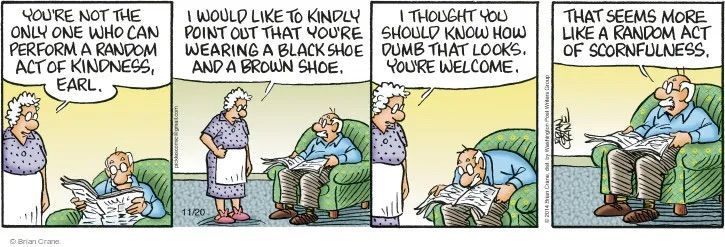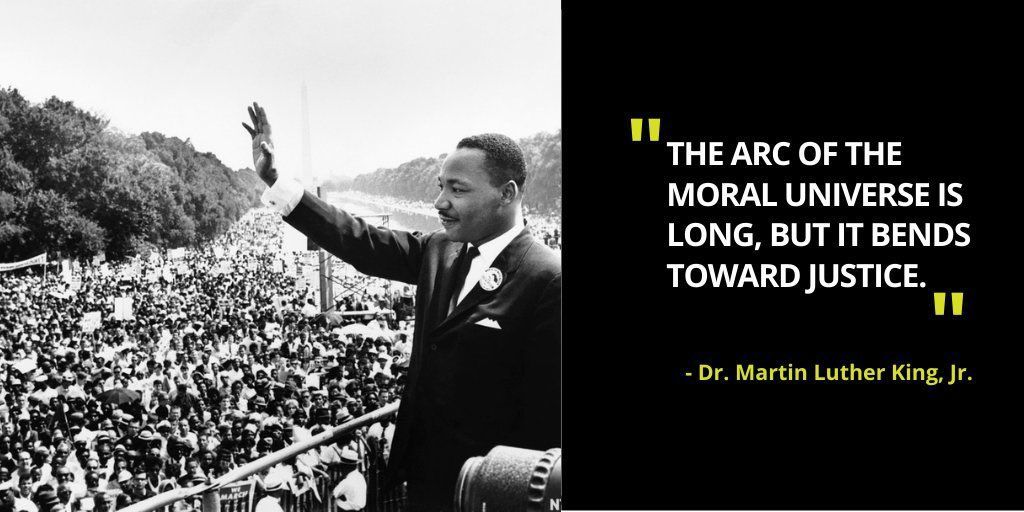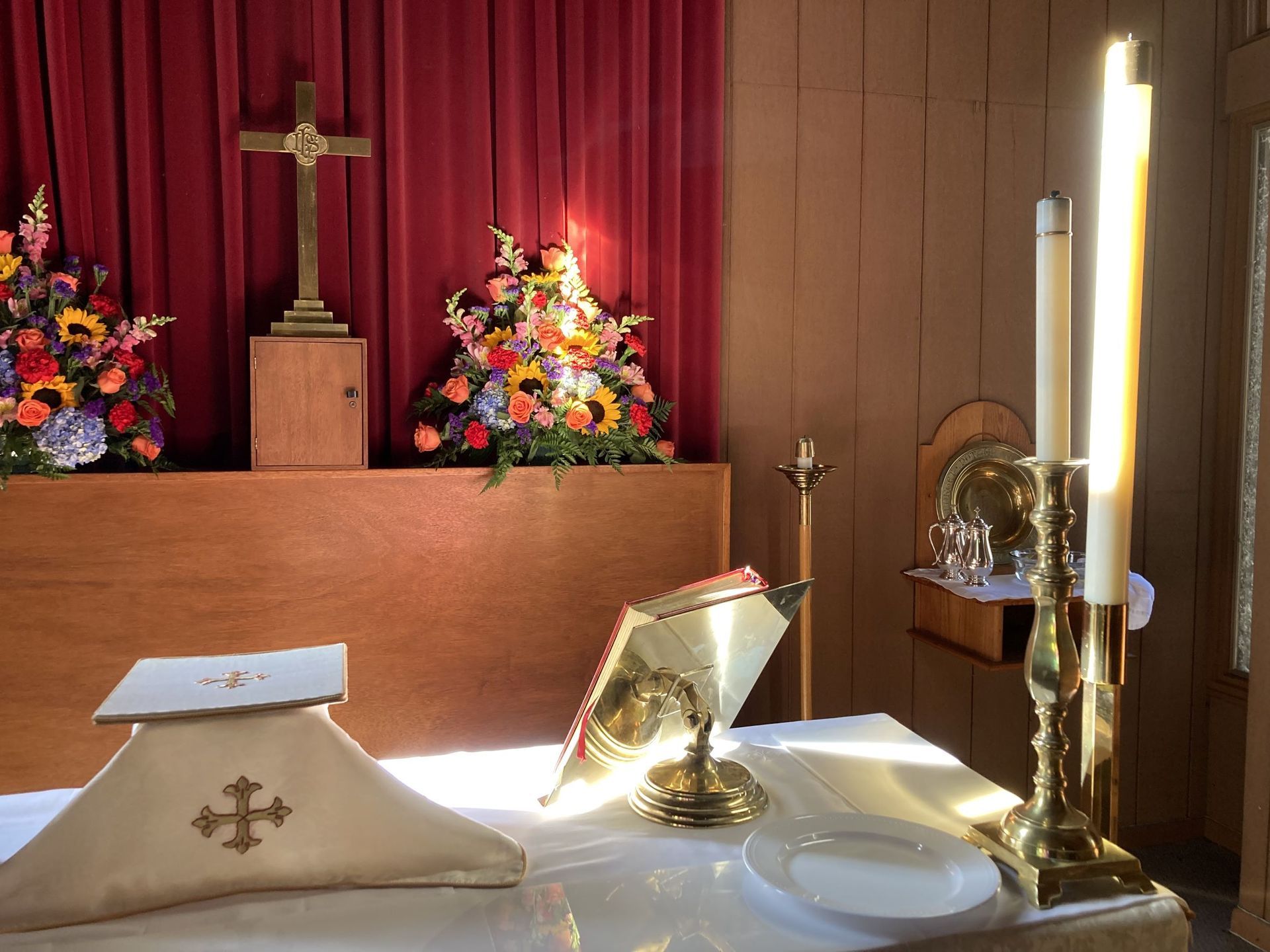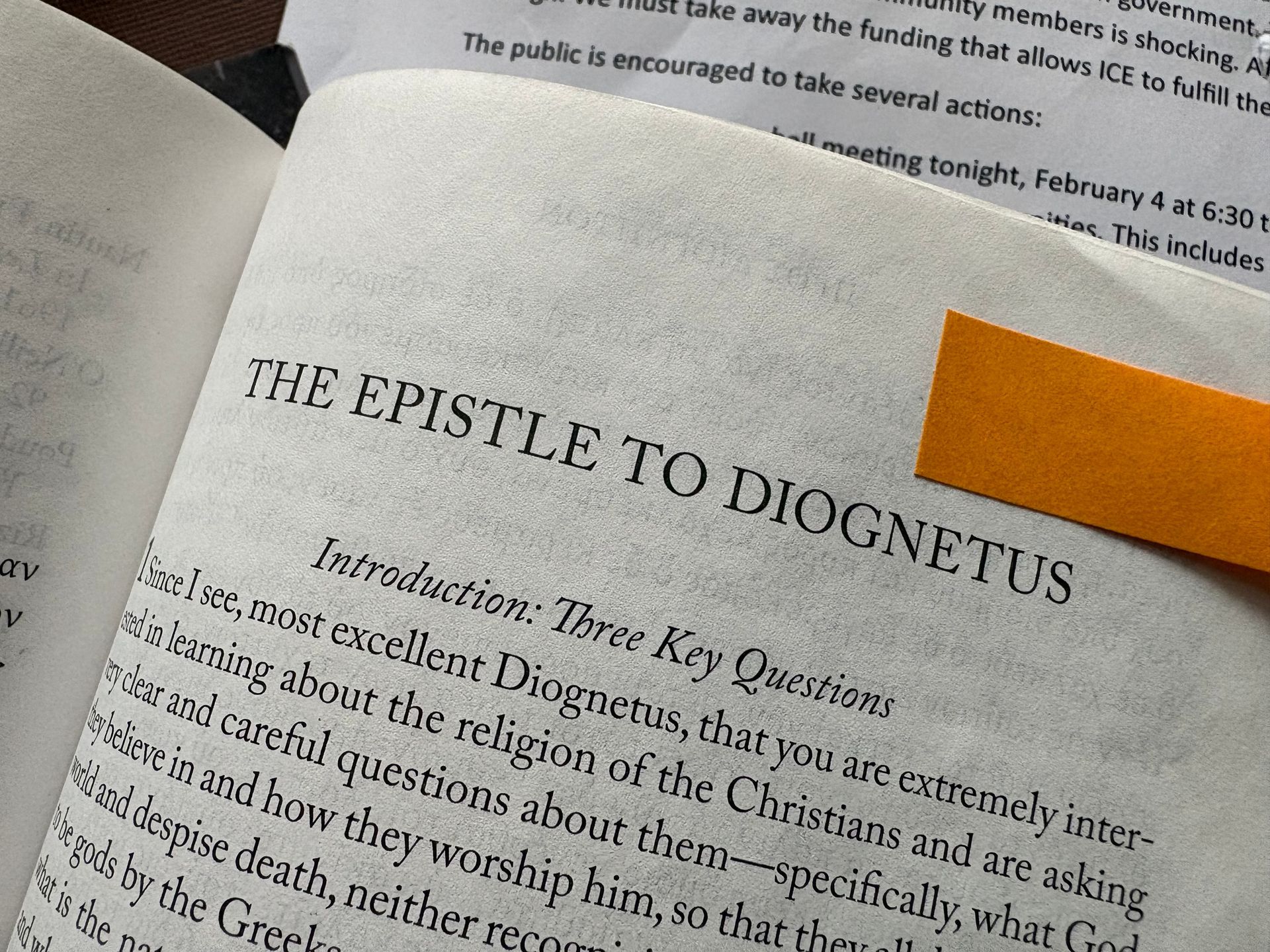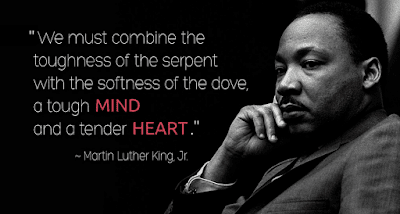Pub Theology 9/22/25 -- Stories and questions about stories
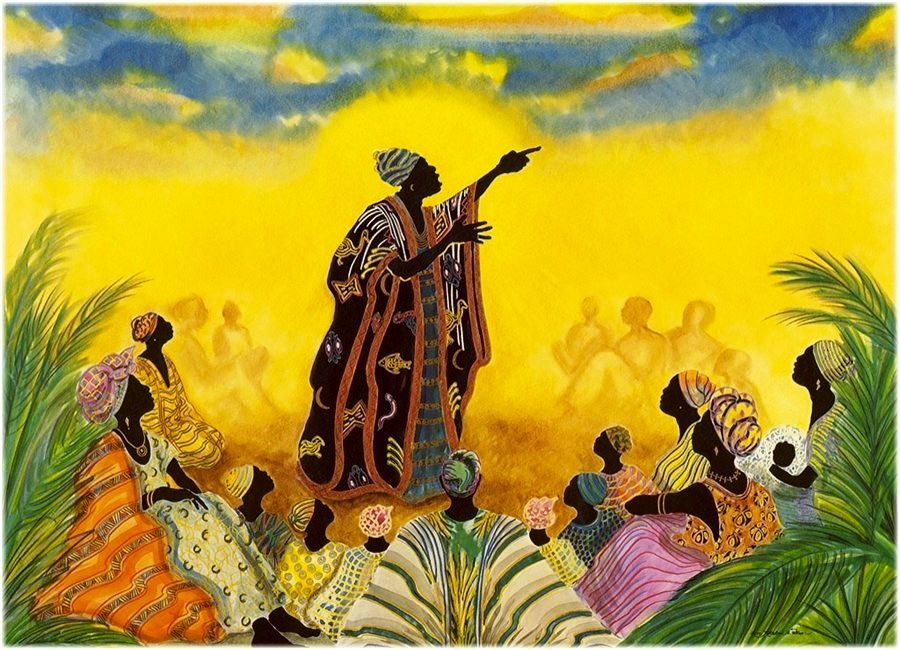
Every now and again, your friendly staff here at PubTheo pays attention to the Sunday sermon, and in the process gets a little topic inspiration. Fr. Andy was preaching on the parable of the shrewd manager, Luke 16:1-3, (or unjust steward, depending on which list of parables you are looking at), and he made an interesting point about the trouble with taking the parables at face value.
This is something that we spent some time talking about in the early days of Pub Theology conversations. Basically, why can't Jesus just give us the message straight rather than talking in riddles and stories that leave key points up to our own interpretation? In short, why doesn't he just tell us what to do already? One of Andy's points, or at least from my vantage point in the pews, is that the simple interpretation of the parables of easily digested morality tales can lead us to draw some very odd conclusions about what kind of behaviors are or are not in line with the Gospels. In the case of the parable in question, you could walk away believing that God will reward you for profiting from dishonest business dealings.
This tells us something, I think, about both the perils and promise of stories, which is what the parables are. Stories with a purpose. Storytelling is probably one of the oldest, if not the oldest (along with song) of human cultural practices Those entrusted with the responsibility of handing down stories hold exalted roles in society, whether bard, or skald, firekeeper, or griot. It's still left to the listener, though, to draw meaning from those stories.
Neuroscientist Emily Falk, in this episode of the podcast Hidden Brain, (this part comes at about the 40-minute mark) argues that stories have the ability to help us avoid defensiveness when presented with information we might otherwise perceive as criticism or negative feedback. She argues that our brains reason differently when challenging ideas are presented in a story rather than stated directly to us as facts.
We're going to spend some time in our conversation this week talking about the power of stories and the lessons we learn from them. What role have stories played in your life? What's the first story you remember hearing, or reading for yourself? When you hear or read a story, or for that matter see a play, or watch a TV show or film, are you attuned to the possibility of meanings beyond the straightforward lines of the narrative? Is it just entertainment, or is there something deeper going on? If you look for meaning in stories, or if you unexpectedly get smacked in the head by a meaning you weren't anticipating, what are the lenses that bring those meanings into focus for you? If someone asks you to share your story with them, what do you think they are looking for?
Join us for a discussion of stories and more tomorrow evening, Tuesday Sept. 23, starting at 7pm at Irish Tavern in downtown Lake Orion.
